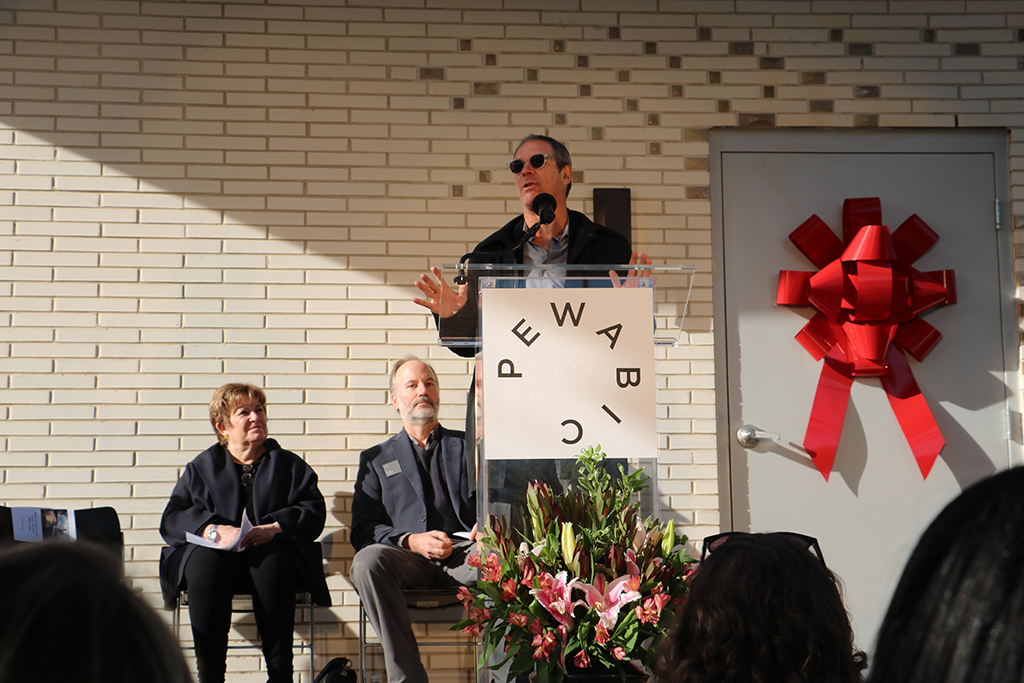Pewabic Shapes Future with Capacity-Doubling Expansion

Pottery nonprofit Pewabic has finished a $1.1 million expansion to its historic Detroit building that it expects to nearly double production capacity.
The 115-year-old ceramics studio housed in a national historic landmark is most well-known for its decorative tiles. It sells ceramics for public projects, home renovations and retail.
The studio expects the added production space will help it ramp up participation in the projects that are changing Detroit’s cityscape. Last year, Pewabic provided tile designs for a mural on Little Caesars Arena and QLine streetcar stations on Woodward Avenue; now its wall tiles will appear in the soon-to-open Shinola Hotel’s beer garden.
Pewabic fires 1,000 square feet of tile in its kilns per month and expects to ramp up to 1,800 square feet with the addition, according to McBride.
“What we’re hoping to accomplish with this is to look toward the future and meet the needs of architects and designers for some of these larger projects,” he added. “To be as much a part of the development of Detroit as we have been the last 115 years.”
Last year, half of Pewabic’s production went to commercial projects and half to individuals. But a huge project like the QLine can greatly alter that ratio, so it varies year to year.
In 2017, the nonprofit recorded $3.9 million in revenue. About two-thirds came from selling ceramic art, 25 percent from fundraising and grants and 10 percent from tuition for its classes. It expects to hire more onto its 60-employee team over the next several years.
Wait! Don’t miss out on the latest insights
Sign up for Saschse Construction’s
e-newsletter below!
Featured Topics
ARCHITECTURE + DESIGN
CONSTRUCTION
INDUSTRY NEWS

